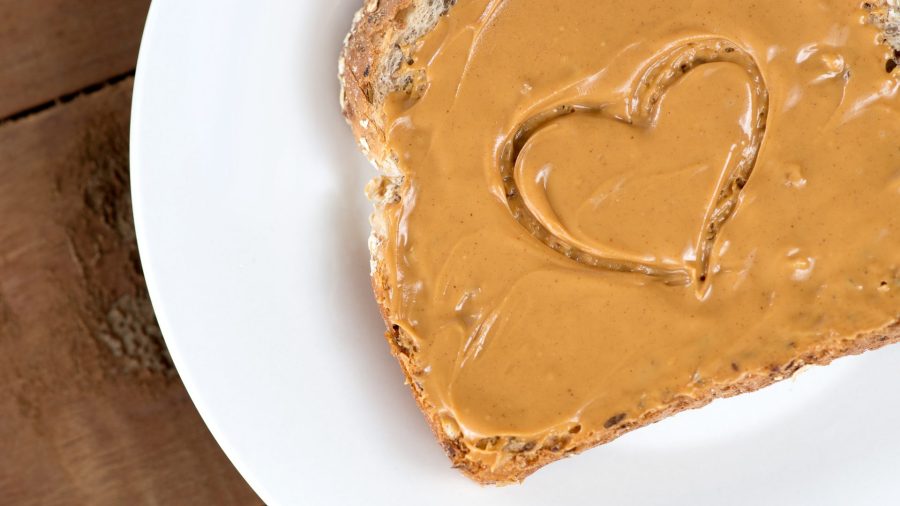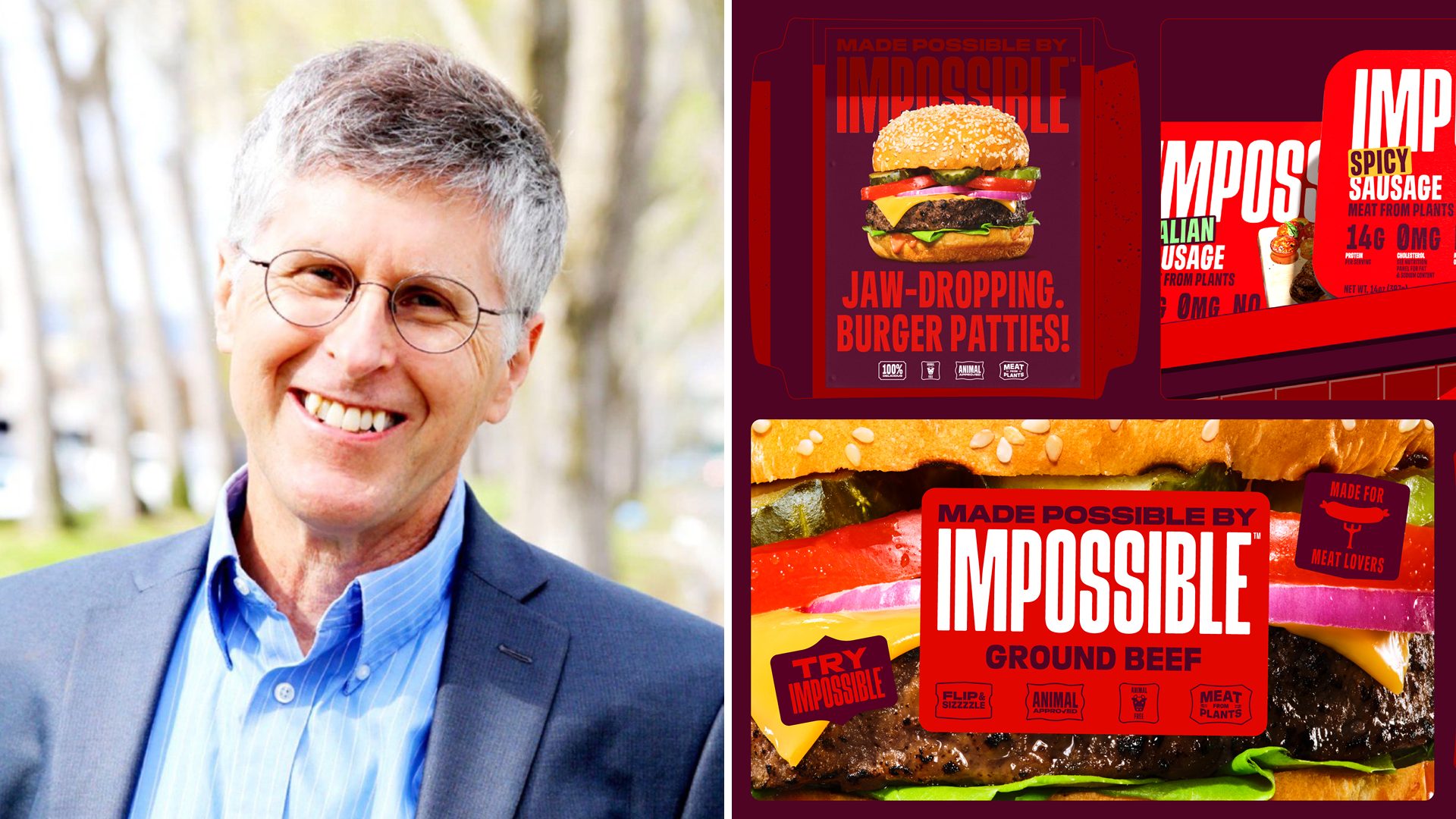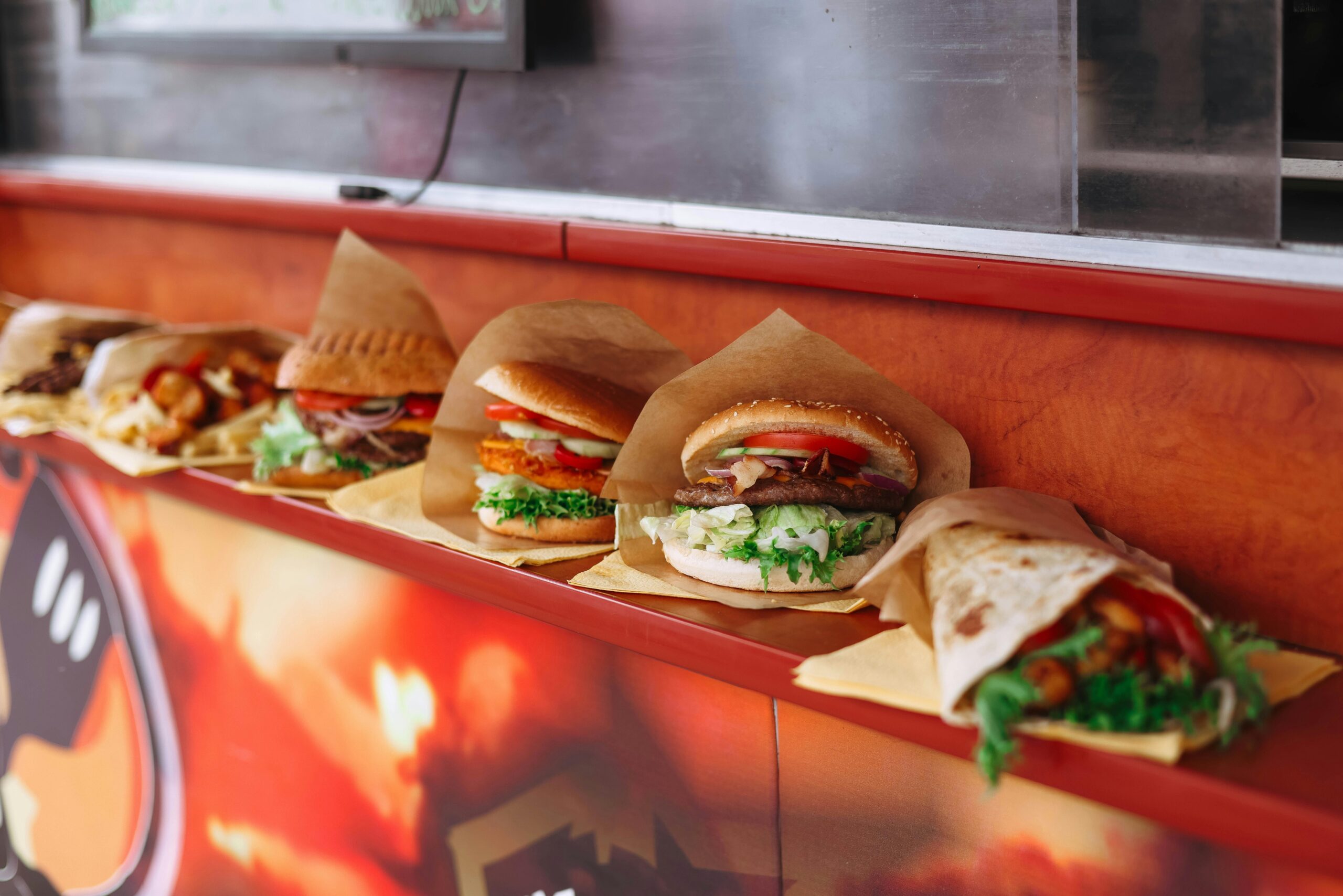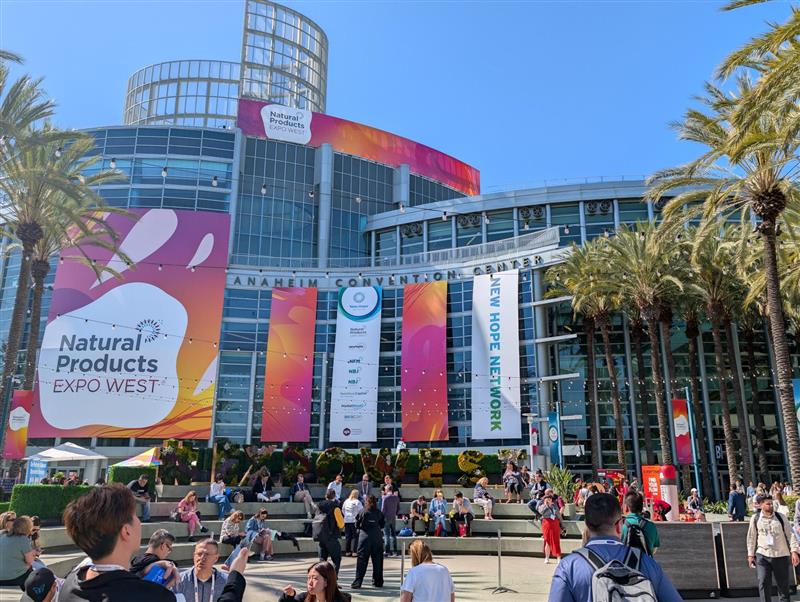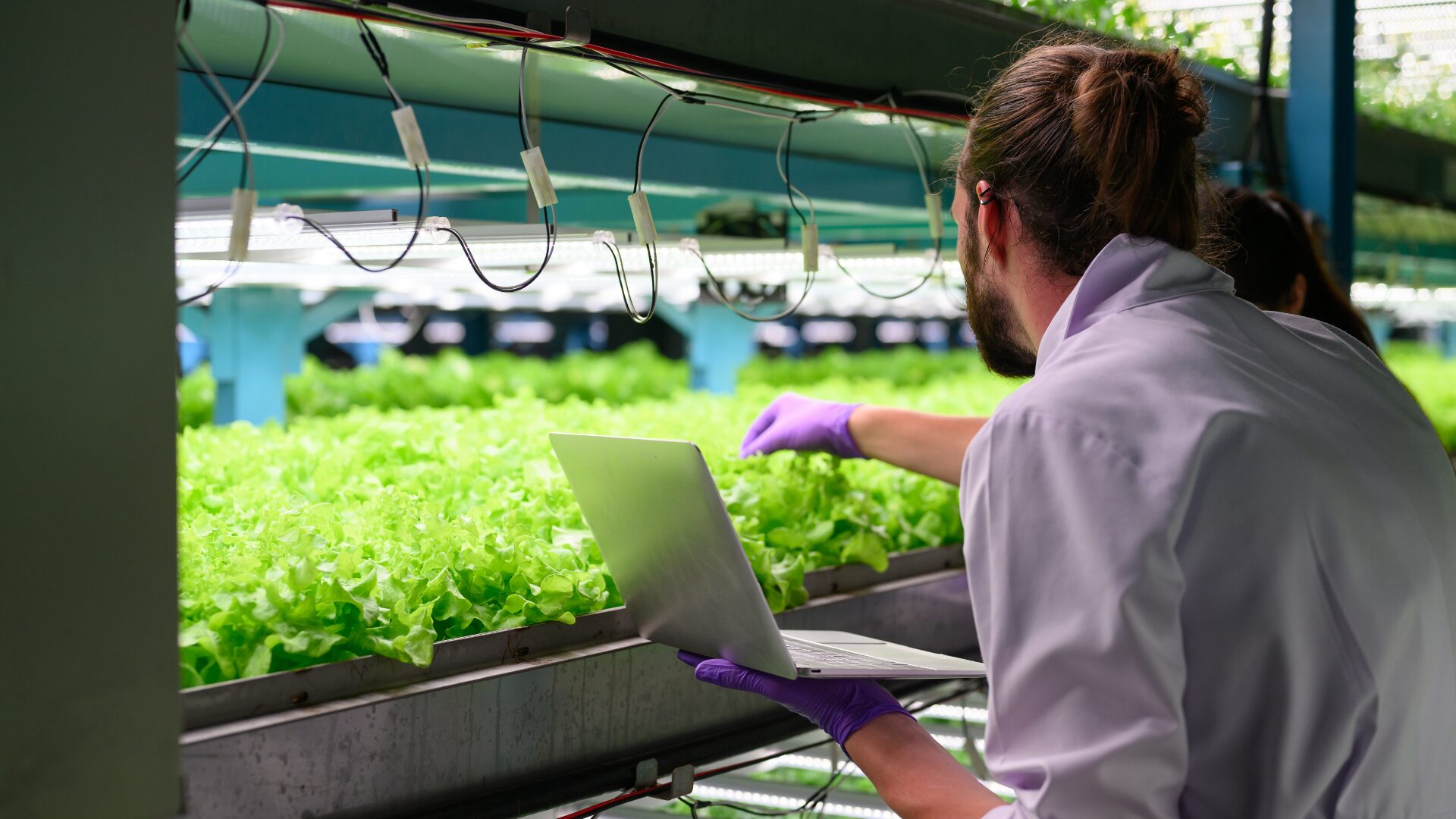Demand for allergy free foods continues to rise as consumers encounter a broader variety of motivations to steer clear of certain ingredients.
The allergy friendly food and beverage market — which includes products that are “free from” the big 9 major allergen ingredients, among others — is expected to grow through 2026, according to a new report from Packaged Facts.
In the survey, 14% of adult respondents reported having a food allergy and 23% reported being intolerant of or sensitive to certain foods. Additionally, some people may think they have a food allergy or intolerance while not actually having these conditions.
Furthermore, the market appeals to a much broader audience than the name implies.
Some consumers avoid certain allergens— such as gluten, milk, or soy — as a matter of preference. Reasons for avoidance include not liking the ingredients, believing they are unhealthy, or simply having a negative perception of them.
The uptick in market demand from allergy free consumers is also attributable to accessibility and community health, according to Adam Maxwell, CEO of Voyage Foods, a food tech company that creates sustainable alternatives like nut-free peanut butter. “Once you add up the circles of people who interact with people with severe allergies, the total market size is much larger,” he told The Food Institute.
Technological Inroads
As Maxwell notes, the landscape for allergen alternatives, from dairy allergies to gluten intolerance, has changed markedly over the last decade. Instead of being limited to options which do not meet the textural, flavor, or nutritional profiles of the products, consumers are looking for alternatives that taste good.
“The huge inroads in technology across these categories have transformed these products from loose approximates to almost parity of the real thing,” said Maxwell. “This makes them more approachable for both those with and without allergies.”
Climate Sensitivities
Consumer considerations on an ingredient level are also fueling a new category of foods which are said to be better for planetary health.
A growing number of startups – like Airly and WhatIf Foods – are creating snacks that cut carbon and promote regenerative agriculture practices, reported AgFunder News. (Dec 27)
Julia Collins, founder of carbon-neutral cracker company Moonshot, hopes the company can create a new category called “climate-friendly food.”
“Everybody has the right to take action on climate change,” said Collins in the same article. “And we think with 8 billion people eating every day, rethinking the way that we eat and rethinking our food choices is a great place to start.”


